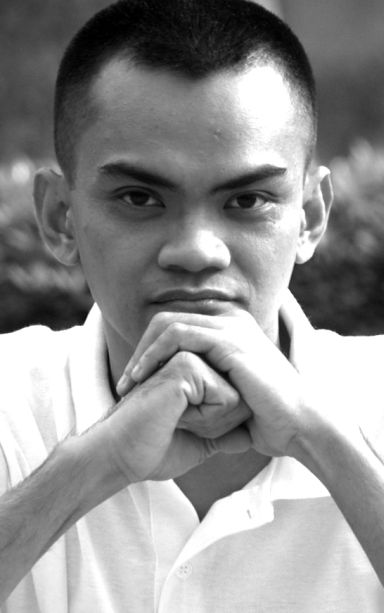
PAREDES
The arrest of Senator Leila de Lima timed exactly during the rather lukewarm commemoration of the 1986 Edsa Revolution last February 24 made some us wonder whether we are just about to repeat that moment of history, when the nation had to fight a dictatorship.
Imprisoning De Lima, one of President Rodrigo Duterte’s staunchest critics, created a chilling effect on the opposition, the media and everyone else critical of the administration. The President apparently has an ax to grind against De Lima, who has been investigating his human rights records and his alleged links to the dreaded Davao Death Squad back when she was still Justice Secretary and he, the mayor of Davao City. It was De Lima who brought the case to the attention of the international community, particularly the United States and the United Nations.
If there was anyone who knew more about the case against Duterte and has links to witnesses, it was De Lima, since it was she who first seriously pursued the investigation against the feared strongman of Davao who now rules over the whole country. Thus, it is not difficult to understand the depth of Duterte’s contempt for De Lima. And in spite of his pronouncement during his inaugural speech that he is not going to be a vindictive President, he has shown delight in using all his power to get back at his enemies, both in words (which he don’t mince) and actions.
In this sense, Duterte styled himself like his idols, most of whom belong to the list of dictators: Ferdinand Marcos, Adolf Hitler, Hugo Chavez and Vladimir Putin. Duterte follows Marcos in the latter’s penchant for self-methologizing, styling himself as a nationalist (even starting out as a leftist) strong leader who sees foreign debt as economic strategy and martial law as necessary for unity and discipline.
We see how our own versions of Nazi-enabling laws, and other political manipulations have started to destroy check and balance in government. The opposition has been crushed or silenced and a “supermajority” loyal to dear leader has now ruled Congress. As in the Third Reich, where Hitler was equated to the law, Constitutional rule in the Philippines is threatened with what former President Fidel Ramos calls “unilateral” style of decision making by the President who demands loyalty among the civil service only to him and not to the rule of law. A strong personality cult has given rise to a popular movement of diehards instilling fear among the civil society.
Duterte mimics Hugo Chavez’s huge spending on welfare without solid industrial base and service economy that is not hostile to both local and foreign businesses. Duterte’s isolationist rhetoric and big public spending sourced from borrowed funds is formula for economic collapse that we see now happening in Venezuela.
But most striking is Duterte’s imitation of Vladimir Putin’s style of leadership. Duterte does not hide his admiration of the Russian strongman’s macho-style politics evident in their first meeting, when Duterte acted like a star-struck teenage fan saying all praises to his unimpressed idol. That kind of one-sided male attraction invites queer analysis.
And not a few times did Duterte admit wanting to emulate Putin, not only how the Russian leader tends to attract pretty women. The former KGB top officer is linked to a series of assassinations of his staunch critics, executed by his own secret death squad. He at first expressed contempt for oligarchs, summoning all of them to his office to humiliate them publicly and demand their loyalty. In fact, he jailed one famous billionaire and showed him behind bars on TV, a clear sign of intimidation for all his enemies.
We see Duterte doing exactly that style of public shaming and intimidation. Like Putin, he also summoned local capitalists and demanded their full support. He asked mayors to meet him at his office, where he was said to have berated some of them and even threatened to kill them if they don’t cooperate. The killing of a top drug suspect by policemen in a prison jail in Southern Leyte was also linked to Duterte, who earlier insisted believing the police version of the story when all evidences seem to prove otherwise.
And then there was Friday’s arrest of Senator De Lima. The recent revelations of fake sites, fake news and the admission of paid trolls that operated in the huge network responsible for pro-Duterte propaganda even after the elections have cast doubts on allegations thrown against De Lima. But the biggest blow against the claims of the Duterte administration was the recent recantation of a prime witness, the police officer from Davao City who now admitted his involvement in the Davao Death Squad (DDS) and his roles in the series of murders of Duterte’s enemies ordered and paid for by the mayor himself. This corroborated earlier confessions of another former DDS member at a Senate hearing.
If these allegations were true, they put us in the crossroads whether to cheer the incarceration of the biggest narco-politician or to dread the rise of another fascist dictator, a serial killer at that.